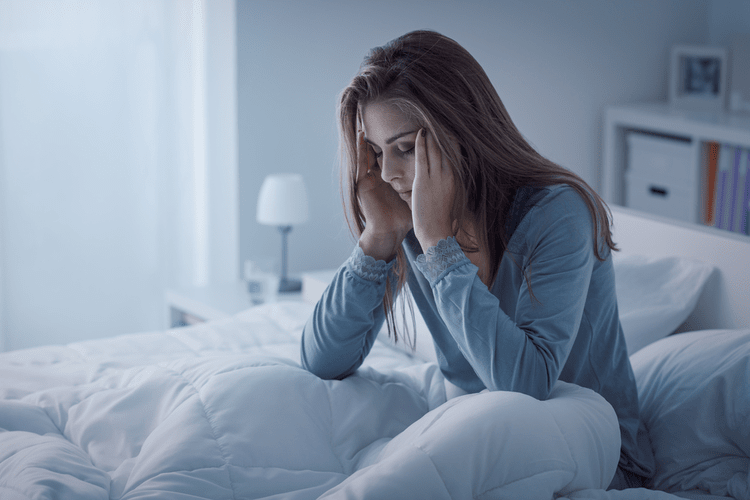Library 17 Benzodiazepine: Withdrawal The Alliance for Benzodiazepine Best Practices
Therefore, it is necessary for the doctor to ensure frequent consultations to keep up with the changes that the patient displays. Depending on the outcome, the doctor can add or subtract other medicines that act as counter measures towards the https://ammartherealtor.com/2024/04/24/7-powerful-recovery-symbols-to-celebrate-your-3/ development of withdrawal symptoms caused due to benzodiazepines. Even after discontinuing benzodiazepines, the withdrawal symptoms continue to remain in the body until there are psychological adaptations.
Managing Sleep and Cognition During Withdrawal
Common symptoms include muscle tension, tremors, headaches, digestive issues, and heart palpitations. These symptoms can be extremely uncomfortable and can make it difficult for individuals to function in their daily lives. Overall, managing anxiety and panic attacks during benzodiazepine withdrawal requires a combination of self-care, support, and professional guidance. With the right tools and resources, individuals can successfully navigate this challenging time and move towards long-term recovery.
Benzo Withdrawal Timeline: How Long Do Symptoms Last and What to Expect
One of Alcoholics Anonymous the most important is to engage in good sleep hygiene practices. This includes avoiding caffeine and alcohol, establishing a regular sleep schedule, and creating a conducive sleep environment. Withdrawal onset varies based on the specific benzodiazepine in question. For short-acting ones like Xanax, symptoms might begin within hours of discontinuation.
14 Treatment: Medication Combinations
As symptoms progress, individuals may experience confusion, derealization, suicidal ideation, and seizures. Recognizing these signs early can prevent complications and guide timely intervention. Stopping sedatives suddenly can cause fetal distress or seizures in benzo withdrawal seizure the mother.

role of valproic acid in alcohol withdrawal
- A multitude of factors interplay in the benzodiazepine withdrawal process, making each individual’s experience unique.
- When in doubt about whether the patient truly has alcohol withdrawal symptoms, the patient should be thoughtfully re-assessed.
A taper coach is a healthcare professional who specializes in helping individuals safely taper off benzodiazepines. They provide guidance and support throughout the withdrawal process, helping to ensure that the taper is done in a controlled and gradual manner. We would like to point out that, although the previously discussed established pharmacokinetic and pharmacodynamic measures provide a good overview of how a drug acts, additional factors might contribute to complex drug behaviors. CZP has been used for over 40 years to treat seizures, paediatric and adult SE, chronic epilepsy (including severe childhood epilepsy, such as Lennox-Gastaut syndrome, absence or myoclonic seizures), and—in the USA—panic disorders. Evidence supporting the efficacy of CZP for SE is still scarce, mainly consisting of uncontrolled case series.

Protracted withdrawal syndrome
This causes tolerance to develop at first, and will eventually lead to dependence. If the person’s original symptoms return once they stop taking prescription benzodiazepines, doctors may also prescribe a different class of medications, or other drugs or therapies, to help manage them during withdrawal. Research indicates that physical dependence may begin in just a few weeks, even while taking the drugs in low therapeutic doses. The Drug Enforcement Agency (DEA) classify benzodiazepines as a Schedule IV controlled substance. According to the classification, these drugs have a low potential for abuse and low risk of dependence.
コメントを残す